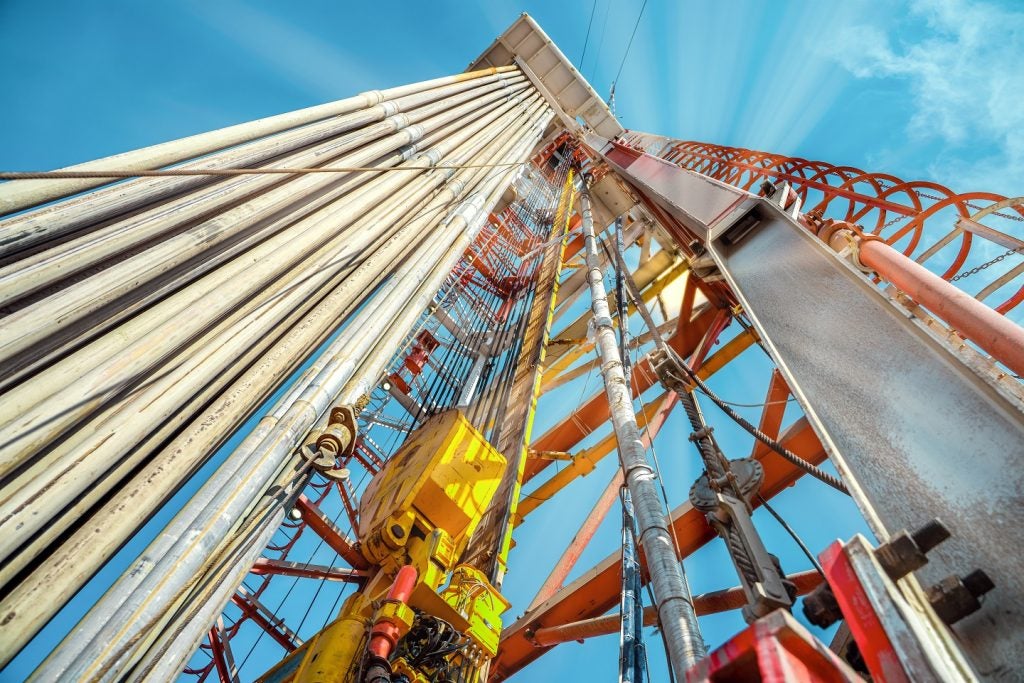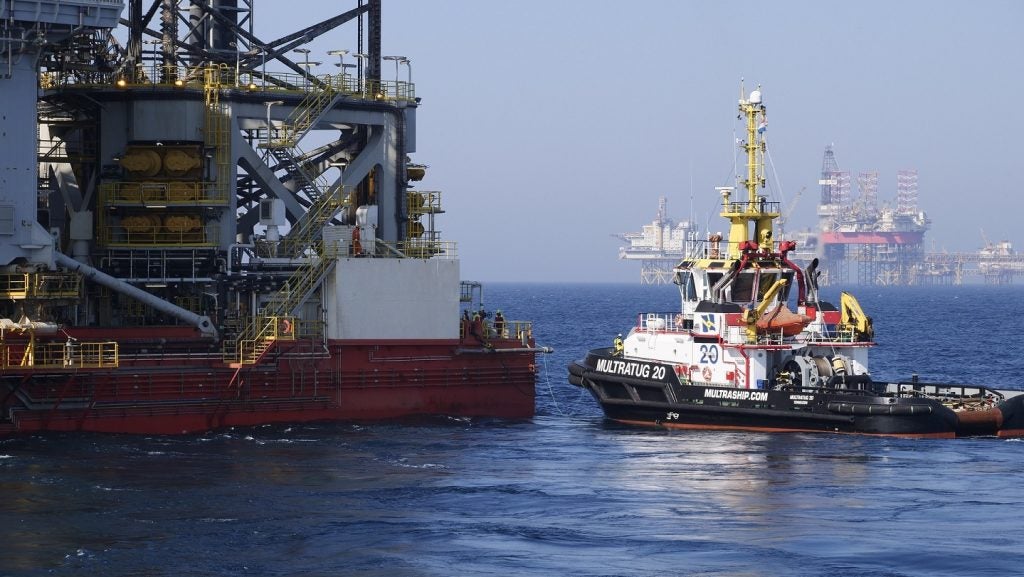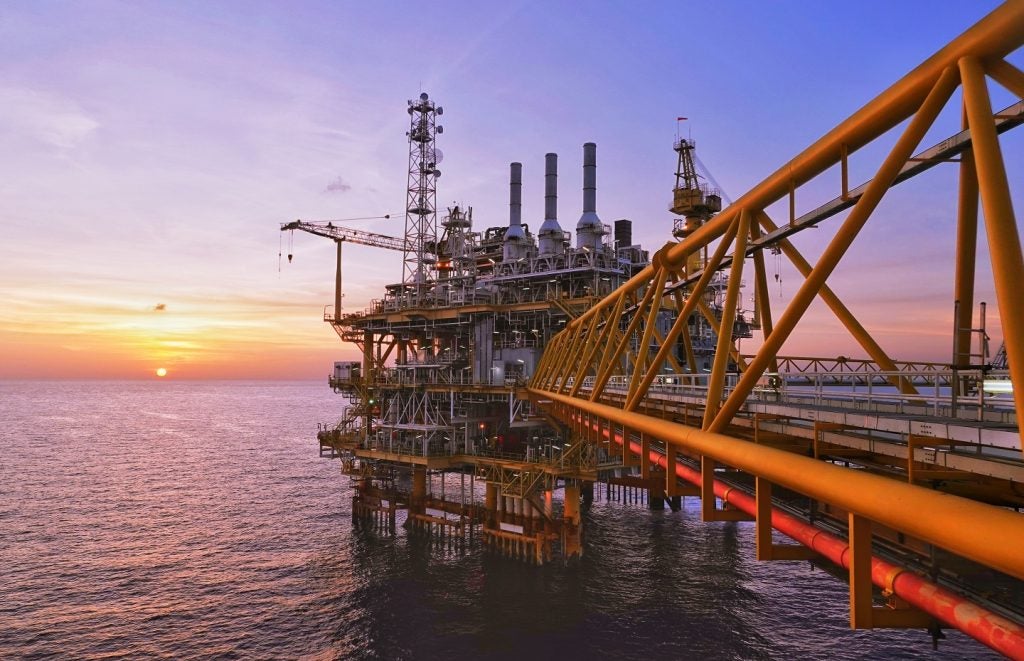ConocoPhillips has initiated legal action against the Biden administration's prohibition on oil drilling in a significant portion of the National Petroleum Reserve in Alaska, reported Bloomberg News.
The company contends that the new rule violates a federal law mandating the facilitation of oil development in the area.
In April 2024, the US DOI finalised regulation that blocks oil and gas development in 40% of Alaska's National Petroleum Preserve.
The move forms part of the DOI’s efforts to protect wildlife habitats and the way of life of indigenous communities.
Conservation groups have praised the rule, introduced in April, for safeguarding the diverse ecosystem of the reserve.
However, oil sector representatives including those with existing leases in the reserve argue that the rule hampers development in an area historically allocated for energy resources.
The rule will be applicable to existing leases in the area, although it will not change the terms of those contracts or directly impact presently authorised activities such as ConocoPhillips' 600 million-barrel Willow project.
Nevertheless, the regulation could have a broader impact on companies holding leases in the reserve.
ConocoPhillips' Alaska division owned 1.8 million acres of state and federal leases including one million net undeveloped acres as of the end of 2023.
In its legal filing, ConocoPhillips cited the intent of Congress to use the reserve for the "expeditious production of oil to meet the nation's energy needs".
This case adds to the previous legal challenges from Voice of the Arctic Iñupiat, representing communities in North Alaska, the state of Alaska, and oil companies North Slope Exploration and North Slope Energy.
These entities together hold more than 552,000 acres of leases in the reserve.
ConocoPhillips said that Congress “plainly did not authorise BLM [Bureau of Land Management] to promulgate sweeping regulations that thwart and prevent the production of petroleum throughout the NPR-A”.
However, the rule features “numerous new provisions that elevate resource preservation over energy production and effectively turn the petroleum reserve into a de facto wilderness area in which development is outright prohibited”.















